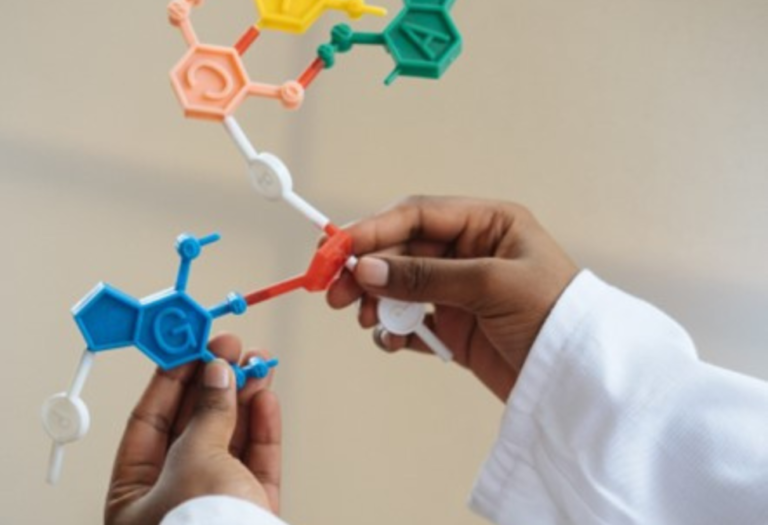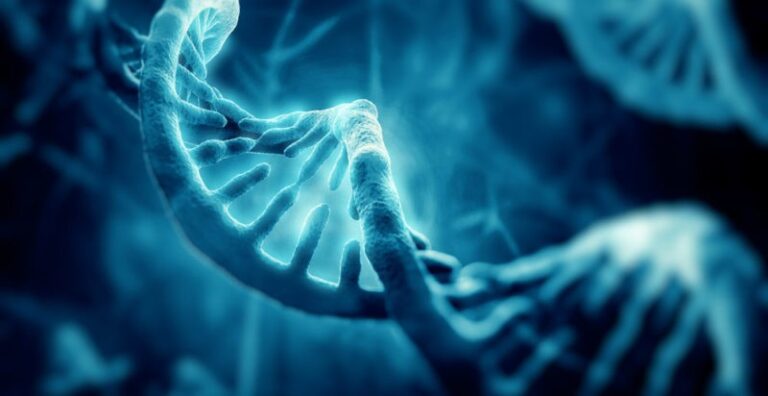This is how a genetic test can help you become a better athlete.
Genetic testing is here to stay and help athletes to know many aspects that can help improve performance and health.
As explained by the company Gen-T, OverGenes' representative in Colombia, each person has genetic variations that determine important aspects related to sports performance. Genetic testing helps to to better understand sporting potential and prevent injuries. These studies are becoming very popular among runners and triathletes in countries such as the United States, United Kingdom, Spain and Australia, and their benefits are multiplying.

From a saliva sample, an analysis is performed that evaluates 43 genetic markers (DNA segments) that determine the capabilities of each person in terms of sports performance. related to different aspects of physical training and related to susceptibility to injury.
These tests make it possible to determine "whether a person is in a better or worse condition to practice strength exercises (anaerobic training) or endurance (aerobic training)", as well as his or her predisposition to suffer frequent injuries among sportsmen and women, such as muscle cramps, inflammation, etc. In this way, the test aims to "personalize training and take precautions in sports practice to prevent and avoid injuries," they indicated.

Genetic factors
Genetic factors "contribute between 20% and 50%. in the individual response to certain aspects of sports performance". In fact, some genetic polymorphisms present in all individuals are related to aspects such as muscular and cardiovascular response, antioxidant defense or susceptibility to injury, key aspects in physical exercise.
The studies on the market are becoming more and more affordable and can give you answers to many questions you have been asking yourself about your body for a long time.
This study is performed through a saliva sample from which DNA is extracted, completely painless, and provides answers to many key points to personalize training and nutrition for athletes.
Genetic analysis, unlike other medical tests with which it is complemented, is not limited to a specific moment, since our genome structurally determines our predisposition, capacities, absorptions, metabolizations, etc., and therefore provides valid information for the entire sporting life of patients.
Answering all these questions without using genetic science would require expensive invasive tests or trial and error processes that can frustrate a sporting career, or certainly not exploit the full sporting capacity.
The information provided by the test and allows to work in a personalized way with aspects such as:
Hypertrophy
Recovery of lost weight
Response to physical exercise
Satiety and appetite
Overweight
Muscle cramps
Aerobic capacity (VO2max)
Energy in exercise
Lactate mobilization
Force Profile
Carbohydrate assimilation
Fat assimilation
Assimilation of saturated fats
Monounsaturated fats
Polyunsaturated fats
Hypertension and salt intake
Bone fractures Inflammation and physical exercise
Ligament Injuries
Muscle injuries
Muscle recovery
Tendinopathies
Vitamins (A, B12, B6, B9, C, D and E)
Minerals (Calcium, Iron, Potassium and Magnesium)
Rheumatoid arthritis
Cholesterol
Diabetes Type II
Hypertriglyceridemia
Osteoporosis
Creatine
Oxidative stress and aging
Caffeine Metabolization PUFAs (Omega 3 and Omega 6)

















